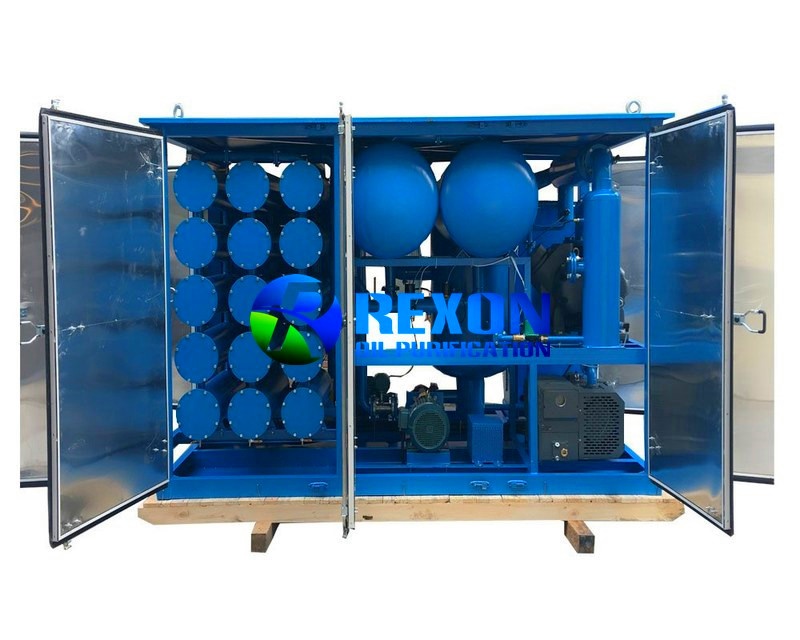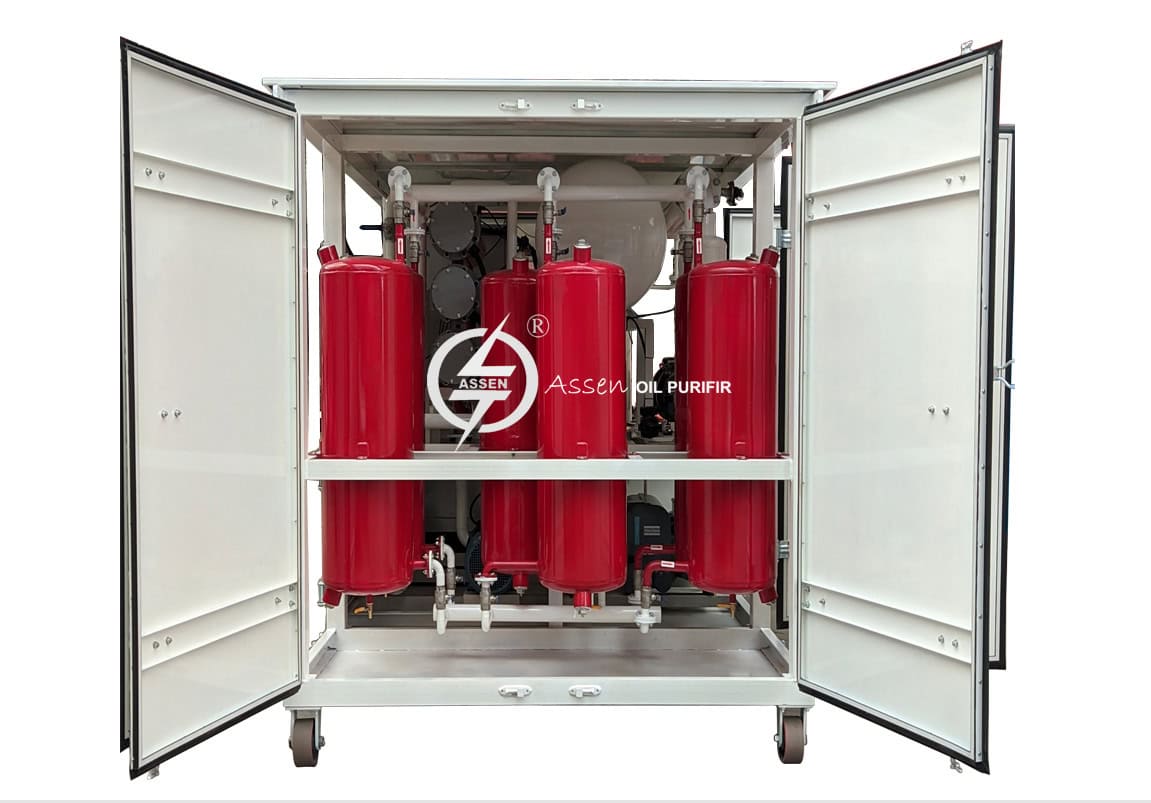How Regenerated Transformer Oil Prolongs Transformer Life-span
The role of transformer oil is crucial in making certain the dependability and longevity of transformers, serving as both an insulator and coolant. Regrowed transformer oil uses a compelling solution to enhance these functions by efficiently getting rid of hazardous impurities that compromise performance. Via a thorough regeneration process, the oil's dielectric buildings and thermal stability can be recovered, resulting in considerable enhancements in functional efficiency. Understanding the details of this process and its wider implications for transformer maintenance reveals a path to not just prolong life expectancy yet additionally maximize prices in power management systems.
Value of Transformer Oil
Transformer oil plays an important role in the reliable procedure of electric transformers. It mainly works as an insulating medium, stopping electric discharges and making sure that elements run safely under high voltage conditions. The oil's dielectric homes are fundamental to keeping the integrity of the transformer, as they minimize the danger of failures that could cause pricey downtimes or catastrophic occurrences.
Along with its shielding abilities, transformer oil likewise operates as a coolant. As transformers run, they generate warmth that has to be dissipated to stop overheating and succeeding damages. The oil circulates within the transformer, moving and taking in warmth away from vital components, consequently keeping optimal operating temperatures.
In addition, transformer oil acts as an obstacle against moisture and pollutants, which can jeopardize the performance and long life of the transformer. Its chemical homes help in neutralizing acids and other byproducts that might form with time, adding to the overall wellness of the electric system.
Benefits of Regenerated Oil

Furthermore, regenerated transformer oil has a lower level of impurities, including particles and impurities that can break down performance. This pureness not only enhances the oil's thermal conductivity however additionally prolongs the functional life expectancy of transformers by reducing overheating dangers. The improved thermal security of regenerated oil guarantees constant performance also under high operating temperature levels, which is crucial for maintaining transformer effectiveness.
An additional benefit is its ecological influence. Regrowed oil advertises sustainability by reducing waste and the requirement for brand-new oil manufacturing, thereby reducing the carbon impact connected with transformer upkeep. Regenerated Transformer Oil. Additionally, the longevity of regrowed oil translates to lower upkeep costs gradually, as fewer oil changes and less constant equipment downtime are required.
Process of Oil Regeneration
The regeneration of transformer oil entails a systematic procedure created to recover the oil's initial homes and improve its efficiency. This process normally begins with the removal of the utilized oil from the transformer, which is then subjected to numerous filtration techniques.
The initial action in the regeneration process is the filtration, where solid pollutants such as sludge, dust, click here now and steel bits are removed. This is frequently followed by vacuum purification, which assists to get rid of dampness and unpredictable substances, thereby boosting the oil's dielectric toughness.

Influence On Transformer Performance
Restoring the properties of regenerated transformer oil substantially affects the total efficiency of transformers. Enhanced dielectric toughness is one of the most vital advantages, as it enables far better insulation and reduces the chance of electric malfunction. This enhancement results in a much more steady procedure under high voltage problems, inevitably causing raised performance.
Furthermore, the elimination of contaminants and degradation items during the regrowth process lessens the risk of getting too hot. Cleanser oil assists in far better warm dissipation, which is vital for keeping ideal operating temperatures. Consequently, the thermal efficiency of the transformer is boosted, allowing for greater tons without compromising dependability.
Moreover, the chemical stability of regrowed oil guarantees prolonged operational life. It resists oxidation and destruction, lowering the frequency of maintenance interventions and oil substitute. This security not only adds to boosted performance but additionally lines up with sustainability objectives by decreasing waste.
Future of Transformer Upkeep
As innovations in technology remain to improve the landscape of electrical design, the straight from the source future of transformer maintenance is positioned for considerable makeover. The assimilation of smart modern technologies, such as IoT sensing units and anticipating analytics, makes it possible for real-time tracking of transformer health, enhancing the capability to preemptively attend to issues before they escalate right into major failings. This positive technique not just takes full advantage of functional performance yet additionally extends the life expectancy of transformers.
Moreover, the application of synthetic knowledge (AI) in data analysis permits even more precise mistake detection and medical diagnosis. By leveraging artificial intelligence algorithms, maintenance teams can identify patterns in functional data that human analysts may forget, resulting in even more enlightened decision-making.
Furthermore, the fostering of green techniques, including the usage of regenerated transformer oil, is readied to redefine maintenance protocols. This sustainable strategy not just lessens environmental impact however likewise boosts the overall health of the transformer.
Last but not least, the change towards automation in upkeep processes is anticipated to simplify operations, minimize downtime, and lower costs. As these advancements proceed to progress, the future of transformer maintenance will definitely come to be extra efficient, reputable, and sustainable, making certain the integrity of crucial electric infrastructure.
Conclusion
The utilization of regenerated transformer oil dramatically improves the functional durability of transformers. Ultimately, the fostering of regrowed oil stands for an essential development in transformer upkeep, making certain optimal performance and sustainability in the management of electrical framework.
The role of transformer oil is vital in ensuring the reliability and durability of transformers, serving as both an insulator and coolant.Transformer oil plays an important duty in the effective operation of electrical transformers. Regenerated go to the website oil promotes sustainability by decreasing waste and the need for new oil manufacturing, thus lowering the carbon footprint linked with transformer maintenance.Recovering the residential or commercial properties of regenerated transformer oil significantly influences the overall performance of transformers.The usage of regenerated transformer oil considerably improves the functional longevity of transformers.